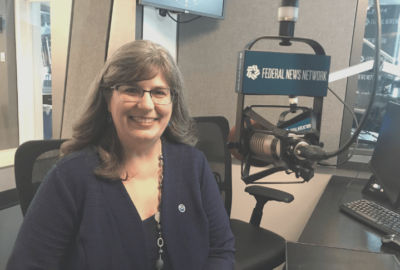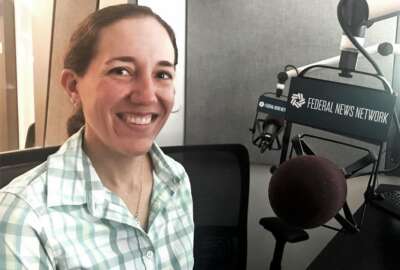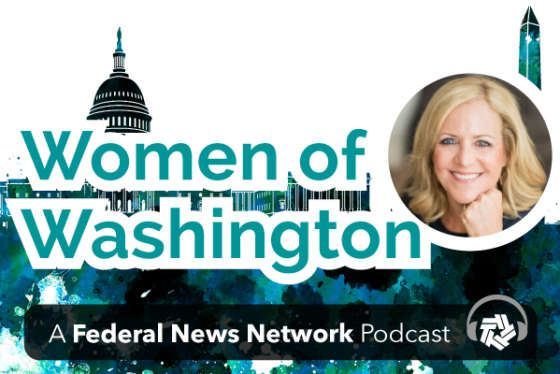Women execs share experiences working at CBP, Postal Service
This week, Women of Washington is on location at the Executive Women in Government Leadership Summit for a special episode. Hosts Aileen Black and Gigi Schumm...
June 10, 2015
This week, Women of Washington is on location at the Executive Women in Government Leadership Summit for a special episode. Hosts Aileen Black and Gigi Schumm interviewed two of the presenters at the forum to get their take on in the federal government. This week, they sit down with Katherine Coffman and Shoshana Grove.
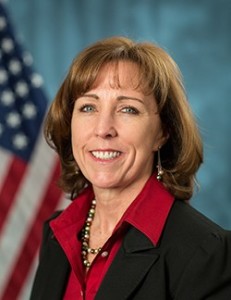
Coffman, assistant commissioner of the human resources for Customs and Border Protection shared the mission of her department.
“I have a workforce of about 600 people, and we take care of about 60,000 employees,” she said. “We take care of them for any employee and labor relations issues, their benefits, and any injuries they might have. Really, our job is to support the officers and agents on the front line, so they don’t have to worry about their compensation, or taking care of themselves and their families.”
Coffman explained a unique challenge in providing HR support to employees at CBP.
“The officers and the agents are not generally at a computer. They’re with the public, and they’re out in between the ports. It’s really hard to provide that connectivity and to communicate with the employees,” she said.
“Because the officers work 24/7 and the work that they do is often isolated, or they’re with many people at the same time, we have to be able to connect with them when they’re ready. And that can be a challenge.”
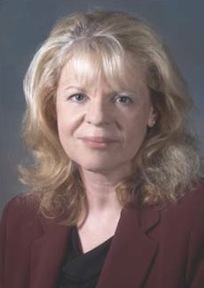
Next, Grove, secretary and chief administrative officer of the Postal Regulatory Commission, described what it has been like to be a pioneer for women in the Postal Service.
“At that time, it was not a job that women did,” she said. “I was the only woman letter carrier in my branch when I started out. Then a few years later, through very hard work and a lot of persistence, I was made the mail supervisor of letter carriers, and I was the first woman in our area to do that job. And then I was the first woman postmaster, and et cetera.”
She also shared some of the challenges she faced, and why she kept going with the job.
“And it was very, very difficult. Many days I came back crying — literally crying,” she said. “There was a lot of mistreatment, in those days, of women in that role, because there was a perception that this was a man’s job. … And because I’m stubborn, when I saw that there was a gender breaking situation, and that there was a combination of admiration, but also disdain by some, it made me more determined to break in there.”
Copyright © 2025 Federal News Network. All rights reserved. This website is not intended for users located within the European Economic Area.




